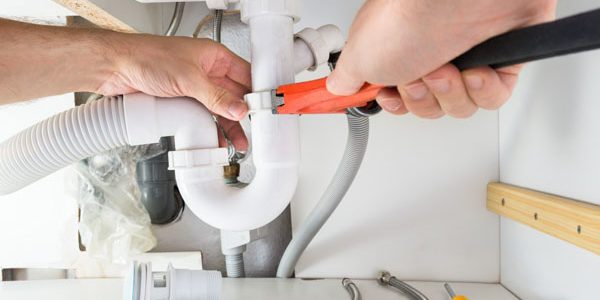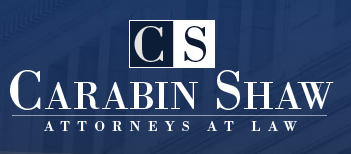Press Release Carabin Shaw – Accident Injury Lawyers Announces Relocation of San Antonio Office We Have Moved San Antonio,...
Mauro C. Martinez: The Artist Transforming Memes Into Fine Art Masterpieces
FOR IMMEDIATE RELEASE
Mauro C. Martinez: The Artist Transforming Memes Into Fine Art Masterpieces
Contemporary painter bridges digital culture and traditional oil painting in groundbreaking “slow memes” series
San Antonio, TX – August 20, 2025 – Contemporary artist Mauro C. Martinez is revolutionizing the art world by transforming the ephemeral world of internet memes into meticulously crafted oil paintings, creating what critics are calling “slow memes” – a deliberate contradiction that challenges our relationship with both digital culture and traditional art forms.
Martinez’s satirical paintings depict the iconography of contemporary digital culture—memes, censorship warnings, and Instagram tags—through the lens of representational painting, simultaneously documenting and mocking our increasingly complex relationship with online imagery. His work has garnered international attention, with exhibitions at Unit London and representation in prestigious collections including the Pérez Art Museum Miami and W Art Foundation in Hong Kong.
“There is a stark contrast between the properties of memes—quickly made, somewhat crude, critical yet categorically non-serious, with great viral potential—and those of traditional oil painting,” Martinez explains. “The marriage of the two has been a way to compare their conventions and challenge assumptions about these seemingly opposed modes of image making.”
A Unique Voice in Post-Internet Art
Martinez occupies a distinctive position in contemporary art by bridging the gap between high art traditions and low culture digital imagery. His paintings juxtapose common pictorial forms from art history with the monotonous streams of online imagery that define our digital society, skillfully utilizing metaphor, irony, and dark humor to critique internet culture’s pervasive influence.
The artist’s malleable style rejects creative rigidity, instead allowing each source image to dictate the visual outcome of the piece. This methodology enables Martinez to focus purely on technique while remaining responsive to the inherent requirements of his digital source material.
Critical Acclaim and Growing Recognition
Martinez’s work fits within the broader Post-Internet Art movement while maintaining strong connections to Pop Art traditions, making him a distinctive voice in contemporary painting’s response to digital culture. His exhibitions have included solo shows at Unit London and group exhibitions internationally, establishing him as an emerging force in the contemporary art market.
“Martinez’s paintings respond to the doctrines of internet culture, at once critiquing and mocking our relationship with contemporary imagery,” notes art critic [Name]. “His ability to transform the throwaway nature of digital content into lasting artistic statements speaks to both the permanence of traditional media and the cultural significance of our online experiences.”
About the Artist
Mauro C. Martinez is a contemporary painter working at the intersection of digital culture and traditional fine art. His work has been exhibited internationally and is held in prominent collections including the Pérez Art Museum Miami, W Art Foundation (Hong Kong), and private collections worldwide. Martinez currently lives and works in San Antonio, Texas.
Media Contact: [Media Contact Name] [Phone Number] [Email Address]
High-Resolution Images Available Upon Request
Gallery Representation: Unit London
Main Gallery Address: 3 Hanover Square, Mayfair, London W1S 1H,D United Kingdom
Contact Information:
- Phone: +44 (0) 20 7494 2035
- Website: unitlondon.com
- Email: (available through their website contact form)
Opening Hours:
- Monday–Saturday: 10 am–7 pm
- Sunday: 12 pm–6 pm
Location Details:
- Located in Mayfair, London
- Near Oxford Circus station (5-minute walk)
- Served by Victoria, Bakerloo, and Central tube lines
- Multiple bus routes serve Oxford Street
For More Information: Visit [https://www.maurocmartinez.com] or call 1-956-635-6684
Note to editors: Mauro C. Martinez is available for interviews. High-resolution images of artwork are available upon request for editorial use.






